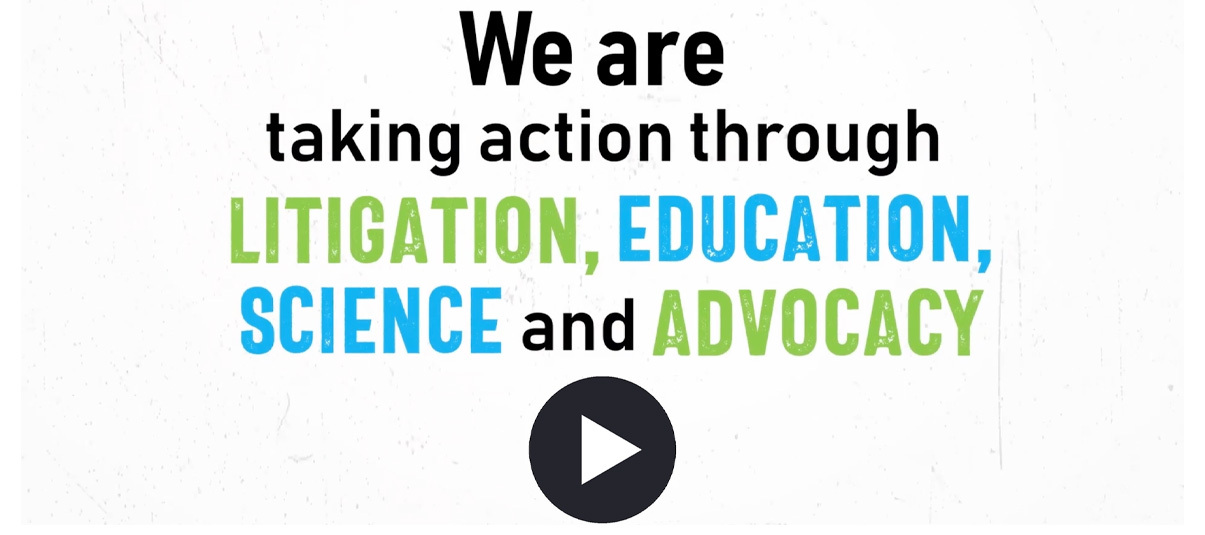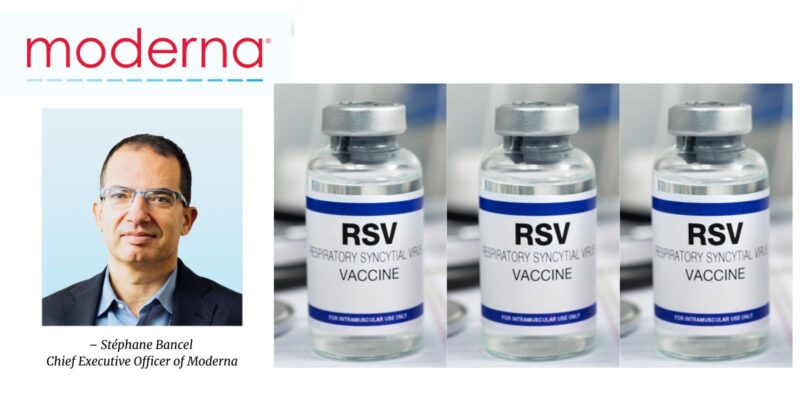Moderna Halts RSV Vaccine Trials Over Safety Concerns
Findings reveal potential risks, casting doubt on the future of infant RSV vaccines.
By Jon Cohen
Article originally published in Science
December 13, 2024
Efforts to develop effective respiratory syncytial virus (RSV) vaccines for infants have hit a major roadblock after Moderna’s clinical trials revealed a troubling safety signal. The findings suggested that infants who received the vaccines were at a higher risk of severe respiratory illness compared to those who received a placebo. This has led the U.S. FDA to suspend trials of similar vaccines, raising concerns among researchers and the public.
The trials tested two experimental vaccines that used mRNA technology to target RSV and human metapneumovirus (hMPV). Alarming data from a trial in Panama showed that vaccinated infants developed severe respiratory illnesses at a higher rate than unvaccinated ones. Although the numbers are small, experts caution the findings warrant further scrutiny.
This setback revives concerns from a tragic 1960s RSV vaccine trial, where an experimental vaccine led to severe complications in children. Despite recent advancements in RSV vaccines for adults and pregnant women, scientists remain uncertain about why these issues persist in infant vaccines. Barney Graham, a pioneer in RSV vaccine research, emphasized the need for more basic research to understand how these vaccines interact with the infant immune system.
While Moderna has paused its development of these vaccines, other approaches, such as live attenuated vaccines, remain in development.
To read full article, visit Science
**************************************************************************************************************************************

